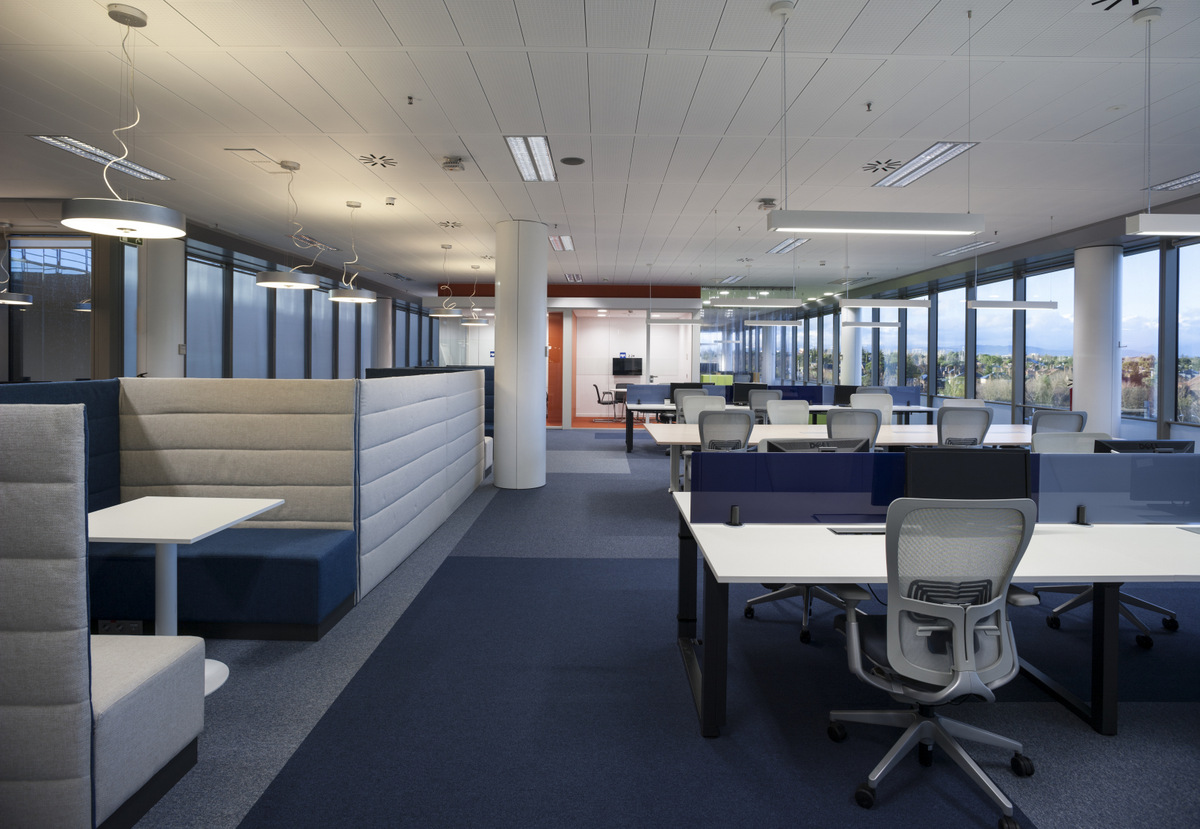


Study the competition and stay curious about new research and ways of working, especially if these ideas contrast with your way of doing things. Pay attention to trends and follow the work of those who are just entering the industry. It’s easy to fall into a routine and close yourself off to fresh ideas, especially when you’re a veteran in your field. Make time in your schedule to stay up to date with the latest trends in your industry.The skills required to achieve flexibility will differ depending on the type of work you do, but here are some general tips to bear in mind. Practice the skills required to help you become more flexible in the workplace, so that when you encounter an obstacle at work, you’ll have the tools you need to deal with it calmly and effectively. Skills for becoming flexible at workįlexibility isn’t wizardry-it’s a skill that can be learned. An openness to change exposes you to new experiences and new ideas, and could set you off on career paths you hadn’t previously considered. When you’re less anxious at the office, you’re more able to achieve a healthy work-life balance. More importantly, being flexible in the workplace has the added side effect of making you happier in other areas of your life.

Flexibility in business is an asset to most employers, and workers who readily demonstrate their ability to intelligently respond to a changing environment are highly valued. An ability to reshape your role within a team so that you can more easily meet your objectives means you can evolve and grow alongside your company, no matter your job description. Projects with many moving parts are more manageable when working with flexible team members whose skill sets overlap, and being adaptable to sudden changes means you can react to new conditions without slowing down or becoming stressed. Benefits of being flexible at workįlexibility is an important tool in problem-solving. By bracing yourself for unanticipated outcomes, you can better retain control over the situation and better position yourself to deal with the fallout. A sudden change can be stressful, but that stress is exacerbated by the sense that you’ve lost control. But by accepting that unpredictable things will happen, you’ll at least find yourself in the correct mindset to react to them. The impact of these events can be thought about long before they happen.īut over a long stretch of time, surprises become inevitable: a project might suddenly fall to pieces after months of hard work, or you might lose your biggest client. Some personal developments can be seen coming over the horizon, such as a new baby or a move to a new house.

While it’s impossible to expect the unexpected, you can still anticipate new developments before they happen and have a plan of action ready to meet the occasion. What does it mean to be flexible? It can look like an intrinsic personality trait from the outside, but in truth, being flexible is all about preparation and accepting that things will change.
#INSIDE THE OFFICE ISSUES HOW TO#
Workplace flexibility for employees How to be flexible in the workplace


 0 kommentar(er)
0 kommentar(er)
